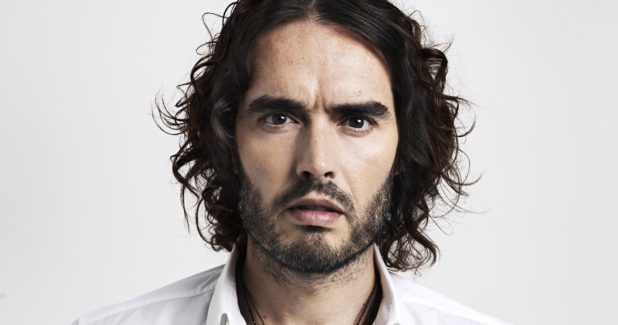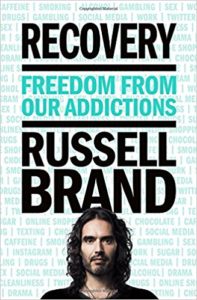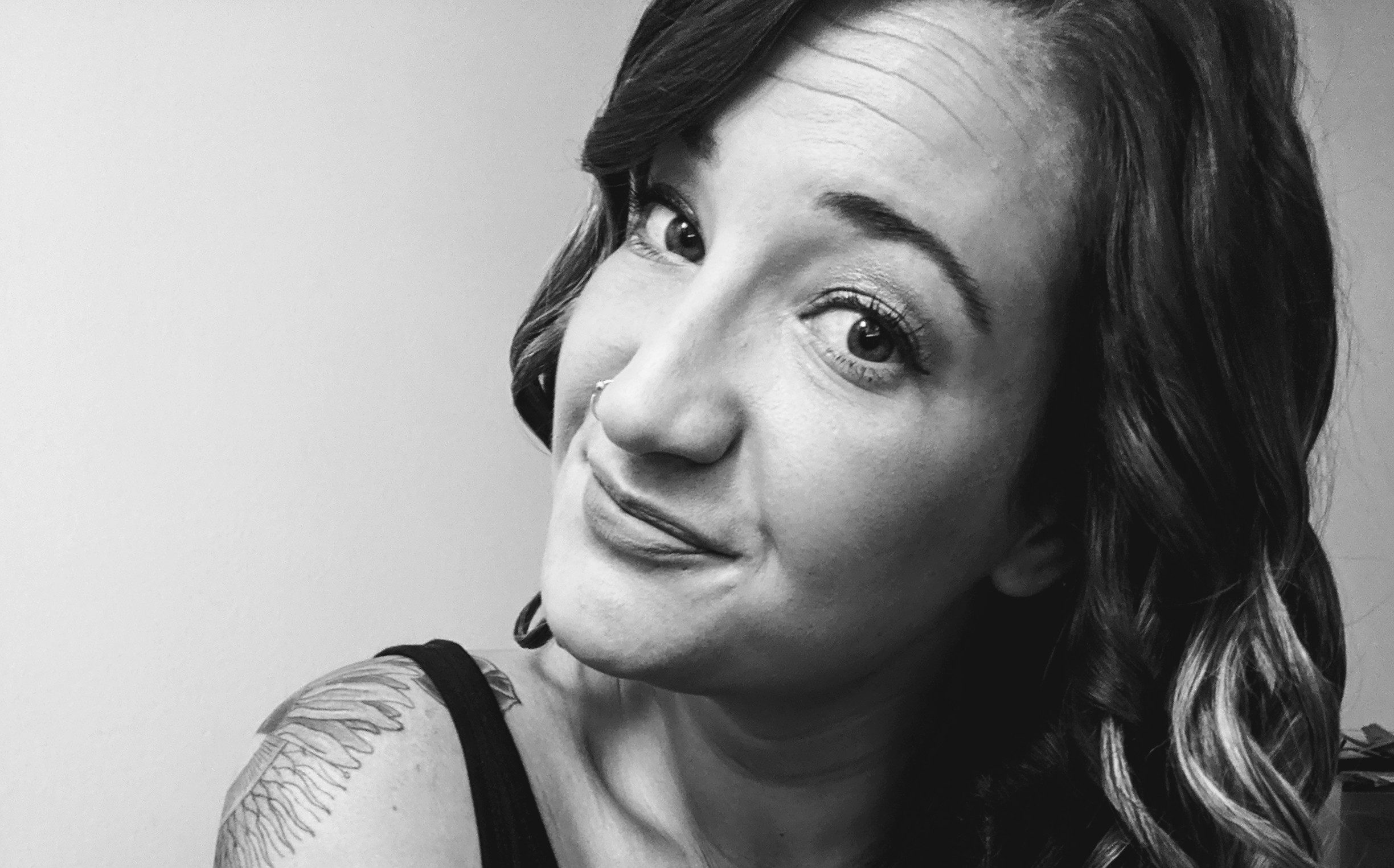Book Review – Recovery: Freedom from Our Addictions by Russell Brand
Arts & Culture, Sobriety / / Mar 15, 2018

My first encounter with Russell Brand’s new book, “Recovery: Freedom from our Addictions”, was close-minded to say the least. I was lying in bed one-night scrolling through Facebook when I stumbled upon an interview of him explaining his new publication. As he dropped F-bombs and crude metaphors, I became more and more outraged that he had taken something so sacred to me, sobriety, and turned it into a show: The Russel Brand show, about how f*cked you are, and how I can help you to un-f*ck yourself. I felt that he placed himself on a pedestal of recovery, an all-knowing God of sobriety who thought he had this so figured out, that he could fix you too. Before I read the book, I tried my best to open my mind and allow myself to find both the good and bad, the similarities and the differences.
Let’s start with the underlying theme. In his new book, Brand aims to take the principles of the now internationally recognized “12-Steps” and explore their application to a problem that befalls not just addicts and alcoholics, but rather, the universal masses. He claims that deep down in every one of us is “the instinct that drives compulsion”. We apply that instinct to our everyday lives: shopping, eating, flirting, working. The list goes on infinitely. While I do agree that every person in the world could benefit from some of the principles presented in the 12-Steps and Brand’s book, as I read the comparison, I started to feel personally vindicated, even belittled. I wanted to personally email Russell Brand and say, “Listen here, Bud. You can’t compare my drug addiction and its destruction, to someone who over works or spends too much at Target, and here’s why!”
See, for me, sobriety was a choice of desperation. For years I had fallen prey to the idea that I was powerful enough to beat the consequences, to win, and that nothing could touch me. Drugs and alcohol made me feel invincible. Ironically, they soon became my utter and complete downfall. I was going to lose my life. Everything about my path to sobriety screamed “Death is coming and you must find a way to save yourself!” So, I asked myself as I read, “Why do I feel so attacked? Why am I trying to justify myself and tear down this man’s opinion?”

The reality was that to feel proud of my accomplishments in sobriety, I felt that my starting point had to be worse than yours. It isn’t good enough for me that I have learned how to have stable relationships, or that I will successfully graduate college and earn my first degree in a few months, or that I had held a job with a respected company that gave me opportunities to travel the world. In order to validate those accomplishments, I had to scream, “LOOK WHERE I CAME FROM! I lived in dirty motels with men I barely knew, put myself in dangerous situations and got in trouble with the law! But look at me now!” My ego, self-doubt and self-justification were blinding me. Brand’s message is clear: no matter what addiction you suffer from, not one is worse than the other. My consequences as a heroin addict seemed bigger than the consequences of someone who indulges in over eating, working out excessively, or over working, because they were mine and I had lived them. But where was my empathy? Stripping away the physical consequences of my addiction, and looking at the emotional consequences that I felt in my darkest hour, I can say with the utmost certainty that I would never want anyone to feel that pain, guilt, shame, and loneliness, regardless of if it came from drugs, alcohol, overspending, overeating, overworking, seeking validation in mindless one night stands or any other slough of addictions.
While the overall theme is an important one (one that I support!) Brand’s way of presenting this theme is a bit hypocritical, and downright egotistical. This was the biggest problem that I found throughout his book. Page after page, Brand made claims that he “knew” he was worse off than the reader. “I am not writing this book because I think I am better than you. I know I am worse.” His declarations seem to contrast very strongly against his message. While claiming that no addiction is worse than another, and that his simplified 12 Steps could be applied to any problem, he put his own addictions on a scale and labels himself worse than you. As an alcoholic, I understand it. I understand the attitude of, “I was the baddest chick on the streets, and I’ll be the baddest chick in rehab.” However, I also understand that this attitude separates me from people. I put myself on a pedestal. I draw a line between myself and another woman who may need guidance and direction in sobriety. While reading, I had to remind myself over and over and over again that this lesson is a hard one to learn, and I still act out on that attitude sometimes. My judgement of, and frustration with his “ego” were leaving me close-minded.
The format of the book is 13 total chapters: one for each of the 12 Steps with his own personal spin on them, and a final chapter for “Re:birth”. He ends each chapter with “exercises” to accomplish each “step”. I would have loved this book if all Russell Brand did was write about his own personal journey through recovery. His stories are wonderful, I related to almost every single thing he said on a deep spiritual level, agreed with his overall theme, and his style of writing is both entertaining and challenging in a good way. In a heartbeat I would have given it a ten out of ten. That’s the book that I wanted to read, Russell Brand, but it is not the book that you wrote. The way these “steps of recovery” are written out, they leave out a very vital part of sobriety – finally feeling “a part of” and having a group of friends that carry you through. I fear for those who pick up this book, attempt these steps and find that they can’t do it by themselves. I never could have maintained my sobriety without being backed by a room full of people who understood me. I related to them. They supported me with laughter when I did crazy things, not because I was crazy, but because they had done the same. Walking through Russell Brand’s course of action… well, it seems lonely.
Russell Brand, I really wanted to hate your book. I don’t. I respect your message, and I respect the desire to help so many people. I can see the desire in every vulnerable and honest word that you wrote. I simply don’t agree with the way that you’ve gone about it, or the format in which you have simplified and re-presented a program that has worked for thousands and thousands of people. That’s OK though, we can agree to disagree, because if your book helps even one person get out of their guilt, shame, fear and pain, it will have been worth it.











Comments 0